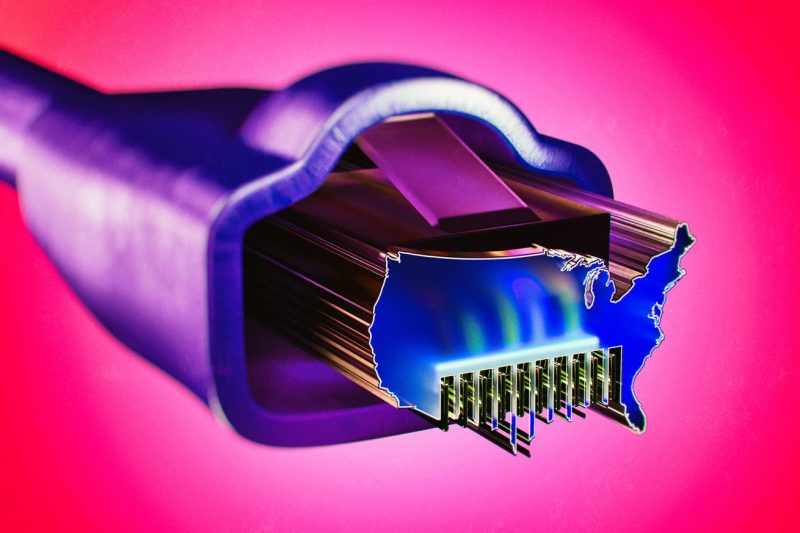The Federal Communications Commission (FCC) recently made a significant decision regarding broadband speed standards in the United States. The long-standing definition of broadband has been a minimum speed of 25 Mbps for downloads and 3 Mbps for uploads. This definition has been in place for several years, shaping policy decisions and guiding industry practices. However, the FCC has now decreed that these speeds are no longer sufficient to qualify as broadband.
In the modern digital landscape, connectivity is more critical than ever before. High-speed internet has become a basic necessity for individuals, businesses, and communities alike. From remote work and online education to telehealth services and streaming entertainment, reliable internet access is essential for participation in today’s society. As technology continues to advance, the demand for faster and more robust internet connections will only increase.
The FCC’s decision to raise the broadband speed standards reflects this shifting paradigm. By adjusting the definition of broadband to higher speeds, the agency acknowledges the evolving needs of consumers and the capabilities of internet infrastructure. The new standard of 100 Mbps for downloads and 20 Mbps for uploads better aligns with the demands of modern applications and services, providing users with improved performance and reliability.
While some may argue that increasing the broadband speed requirements could place undue burdens on internet service providers (ISPs), it is essential to recognize the benefits of this decision. Faster internet speeds enable greater innovation, economic growth, and societal progress. By pushing for faster broadband, the FCC is helping to bridge the digital divide and ensure that all Americans have access to the connectivity they need to thrive in the digital age.
Moreover, the higher broadband speed standards set by the FCC can incentivize ISPs to invest in upgrading their networks and infrastructure. By promoting competition and encouraging investment in broadband expansion, the new standards can lead to improved service quality, expanded coverage, and increased affordability for consumers. This, in turn, can drive economic development, create new job opportunities, and unlock the full potential of digital technologies across the country.
In conclusion, the FCC’s decision to raise the broadband speed standards to 100 Mbps for downloads and 20 Mbps for uploads is a positive development for the future of internet connectivity in the United States. By recognizing the importance of faster broadband speeds and updating the definition of broadband accordingly, the FCC is taking a proactive step towards building a more connected and digitally inclusive society. This decision can pave the way for improved internet access, enhanced digital capabilities, and greater opportunities for all Americans to participate in the digital economy.


























